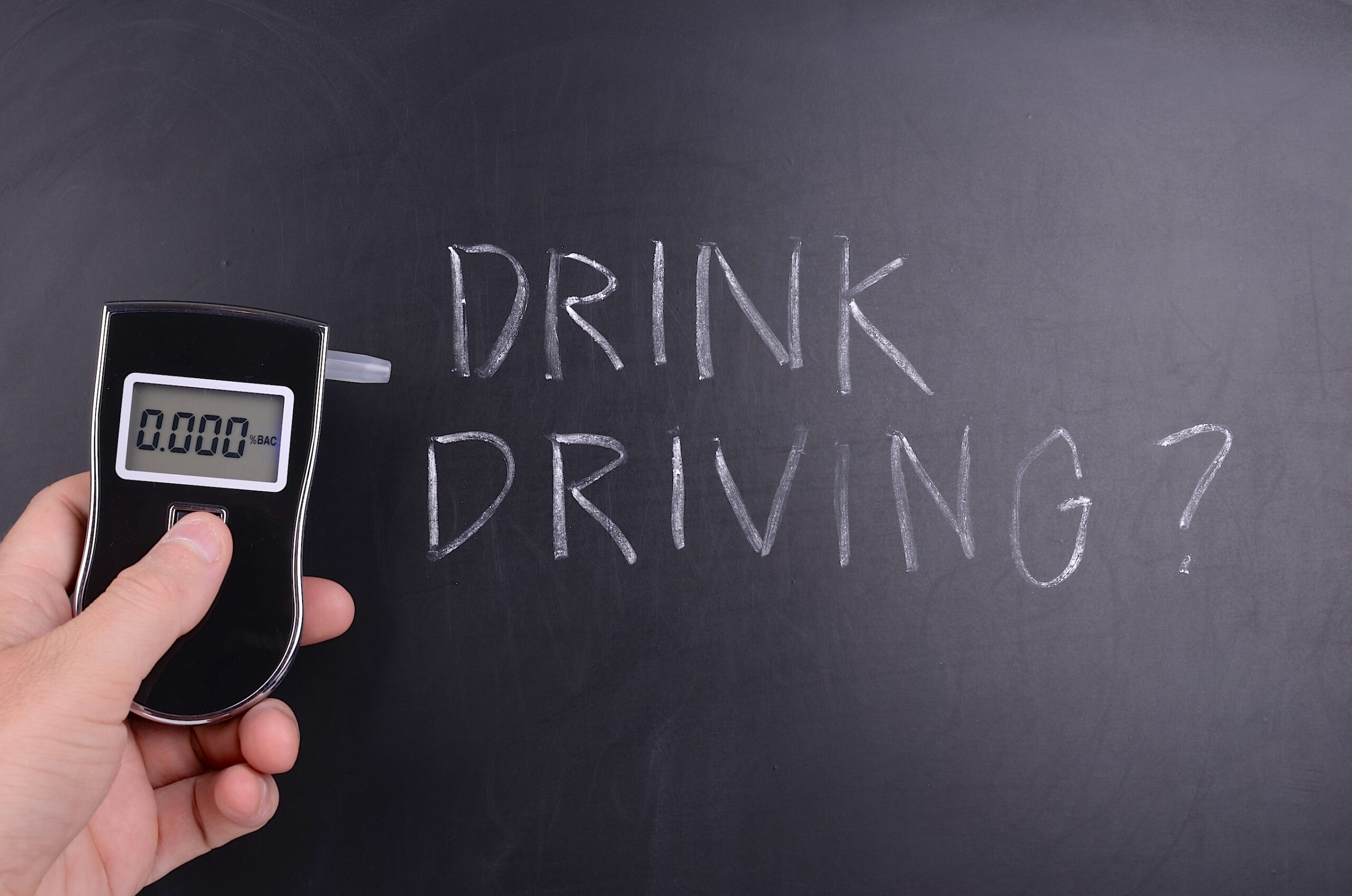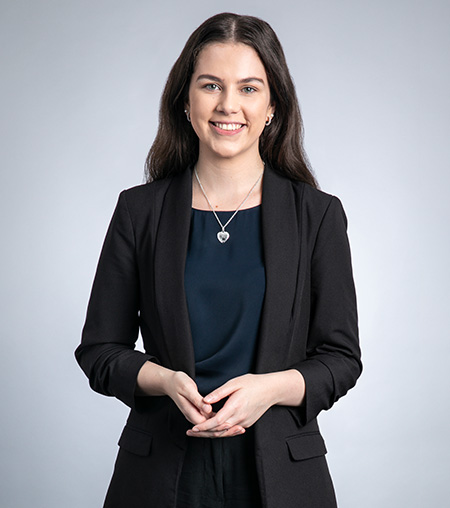Share This Article
Whilst the introduction of fines for first time low, special and novice range drink-driving and drug-driving offences has significantly reduced the number of court appearances for such offences, the certainty of licence sanctions has increased.
The New South Wales Government introduced penalty notices and administrative licence suspensions for first time drink- and drug-driving offenders in May 2019.
This provided police with the power to issue a fine for low, special and novice range drink-driving, and drug-driving offences instead of charging them and issuing a Court Attendance Notice.
As at the beginning of 2024, this fine is $644 – which has been gradually raised from $561 when the scheme was first introduced.
Penalty notices for drink driving offences are accompanied by an immediate three-month licence suspension issued by NSW Police, whereas for drug driving penalty notices, Transport for NSW issue a three-month licence suspension following laboratory confirmation of the presence of the drug (which can take at least 30 days).
The aim of the penalty notice scheme was to ensure that penalties for low level drink- and drug-driving offences were ‘swift’ and ‘consistent in application’ as explained by then Minister for Roads, Maritime and Freight, Melinda Pavey.
It also sought to achieve additional benefits for the justice system such as reduced court workload and reduced police attendance at court.
The introduction of the scheme was prompted by concerns that there was an apparent lack of consistent application of licence disqualifications by the courts.
In 2018/19, just over one-quarter (28%) of the 16,665 defendants who were found guilty of drink-driving offences received an unconditional or conditional dismissal (i.e., section 10 non-conviction).
In the case of drug driving, 30% of the 6,356 defendants who were found guilty received an unconditional or conditional dismissal.
Where you receive a ‘dismissal’ or non-conviction from the Court, a licence disqualification will not be applicable.
A report by the New South Wales Bureau of Crime Statistics and Research (‘BOCSAR’) has ultimately found that there has been a significant reduction in the percentage of all first time drink- and drug-drivers proceeded against who received a dismissal or conditional discharge from the courts.
This drastically decreased from 52% to 8% for first time low, novice, special range drink driving offences and from 28% to 15% for first time drug offences.
The study revealed that the reforms were associated with an 81% decline in the number of Court Attendance Notices issued to first time low, novice and special range drink driving offenders.
This is 4,779 fewer Court Attendance Notices (i.e., charges) than would have been expected absent the policy change.
A smaller decline was identified with respect to first time drug driving offences, with a 30% decline, representing 1,118 fewer Court Attendance Notices.
It is important to note that police have the discretion (i.e., can choose) to issue the fine and suspension or charge you with the relevant drink or drug driving offence – even where it is your first offence.
Benefits of receiving a fine include that you won’t be required to attend Court, and paying the fine does not result in a criminal conviction or record.
If you want to avoid the 3-month licence suspension and fine, you may choose to ‘court elect’ the matter which converts the penalty notice into a Court Attendance Notice.
You will then be required to appear in court to plead ‘guilty’ or ‘not guilty’ to the relevant drink or drug driving offence. If the Magistrate determines that you are ‘not guilty’ or imposes a non-conviction sentence upon a plea or finding of guilt, you will not have to complete the licence suspension or pay the relevant fine.
However, this course does come at the risk of a criminal conviction and harsher penalties.
Low, Special and Novice Drink Driving
In New South Wales, drink driving offences differ based on the relevant blood alcohol concentration (‘BAC’). Blood alcohol concentration is measured based on how much concentration of alcohol is present in 210 litres of breath or 100 millilitres of blood.
Low range drink driving applies to a blood alcohol content reading of 0.05g – 0.079g.
Special and novice range drink driving only applies to ‘L’ or ‘P’ platers and interlock device licence holders. Special range refers to a blood alcohol content reading of between 0.02g and 0.049g, whereas novice range drink driving refers to a blood alcohol content reading of between 0.001 – 0.019g.
These offences are prescribed in section 110(1)-(3) of the Road Transport Act 2013 (NSW).
The maximum penalty applicable to low, special and novice range drink driving offences is being convicted and fined $2,200 for a first offence. The automatic licence disqualification period is 6 months, which may be reduced by the Court to a minimum of 3 months.
The interlock program does not apply to first offences of low, special and novice range drink driving.
For a second or subsequent offence, the maximum penalty is being convicted and fined $3,300.
The applicable licence disqualification for a second or subsequent offence is a minimum of 1 month or a maximum of 3 months. This is preceded by a minimum interlock period of 1 year.
If you are exempt from the interlock program, or it otherwise does not apply, the disqualification period automatically applicable is 1 year, or a minimum of 6 months.
Drug Driving Offences
In New South Wales, you do not need to be impaired by drugs to be charged with a drug driving offence. Section 111 of the Road Transport Act 2013 (NSW) provides that it is an offence to have an illicit substance in your system (i.e., in your saliva, blood, or urine) and drive a motor vehicle, or occupy the driving seat of a motor vehicle and attempt to put the motor vehicle in motion.
It is also applicable where you occupy the seat in a motor vehicle next to a learner driver who is driving the vehicle.
The prescribed illicit drugs referred to in the Act are cannabis (delta-9-tetrahydrocannabinol), speed (methylamphetamine), ecstasy (3,4-methylenedioxymethylamphetamine) and cocaine.
A maximum penalty applicable to first time drug driving is being convicted and fined $2,200.
It also carries an automatic licence disqualification for 6 months, which may be lowered to a minimum of 3 months, if the court thinks that it is suitable to order a shorter period.
For a second or subsequent offence, a maximum penalty of being convicted and fined $3,300 fine is applicable. It will also carry an automatic licence disqualification for 12 months, which may be lowered to a minimum of 6 months, if the court deems this is suitable.
Book a Lawyer Online
Make a booking to arrange a free consult today.
Call For Free Consultation
Call Now to Speak To a Criminal Defence Lawyer
Over 40 Years Combined Experience
Proven SuccessAustralia-Wide
Experienced LawyerGuarantee
 (02) 8606 2218
(02) 8606 2218
 (02) 8606 2218
(02) 8606 2218












